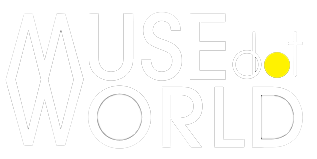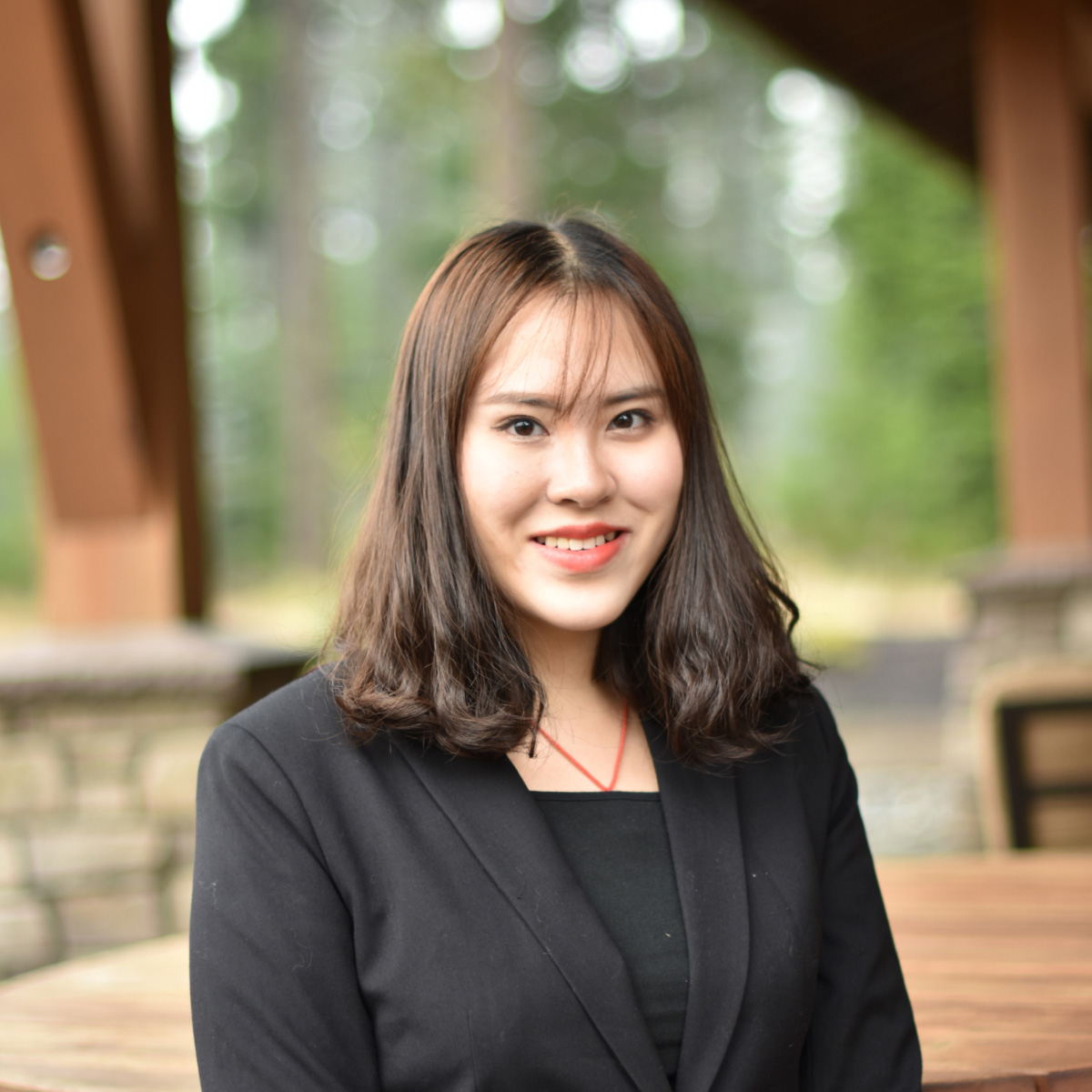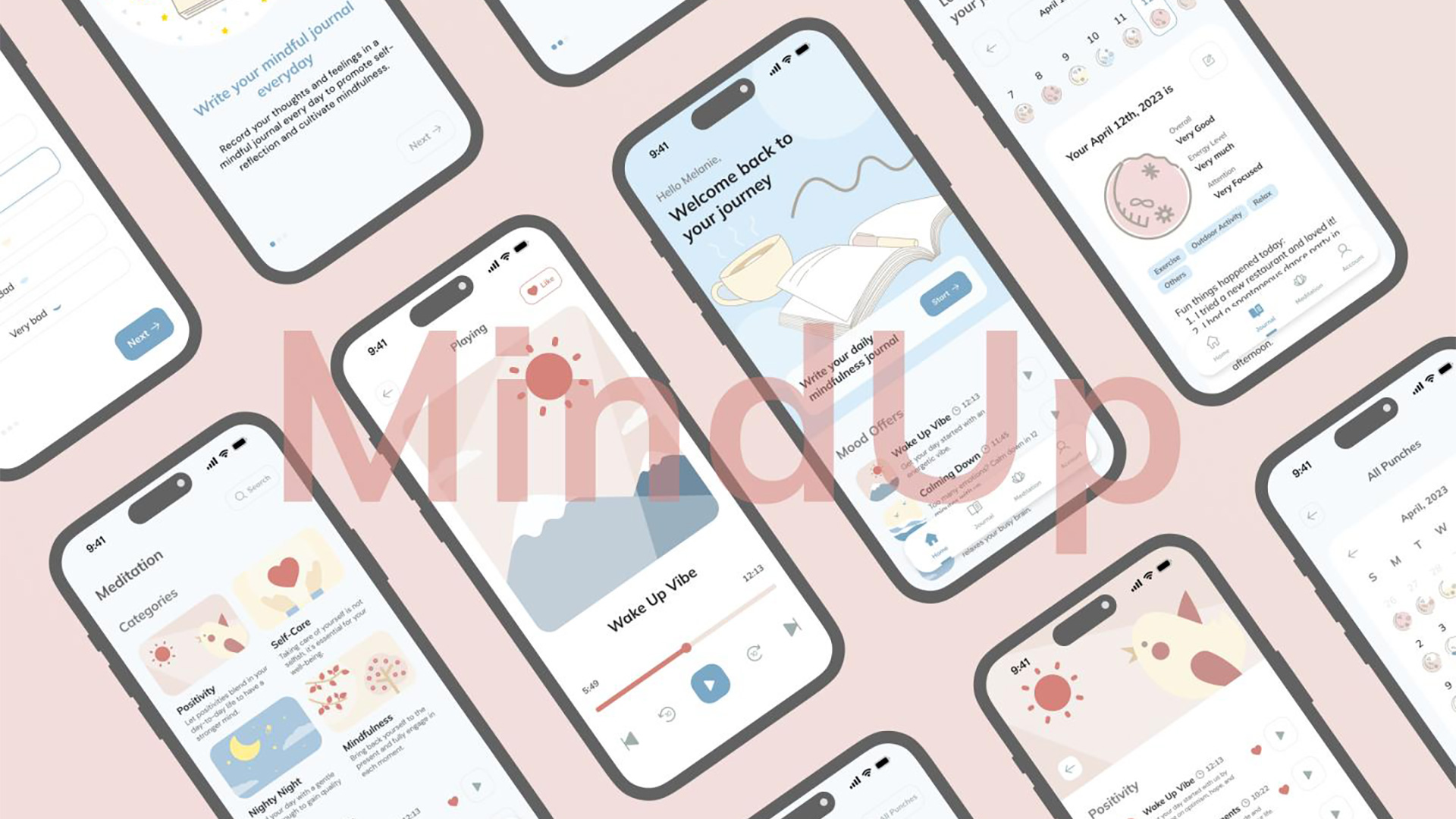Interview with Augustina Ao Liu from United States

2023 TITAN Brand Awards Celebrates Excellence in Branding with Its Remarkable Inaugural Year
August 11, 2023
Interview with Ekaterina Pine from Canada
August 11, 2023Interview With The 2023 TITAN Health Awards Winner – Augustina Ao Liu
Hello, I'm Augustina Ao Liu, a Seattle-based product/UX designer, originally from China. I believe design should empower and include all people. I developed a deep understanding of user-centric design principles during my time in Human Centered Design and Engineering at the University of Washington.
My past two experiences allowed me to gain insight into the healthcare industry. As a User Experience design intern at Genemod, I contributed to enhancing the user experiences of laboratory management solutions. Additionally, I worked as a User Experience designer at Remmie Health, where I designed an at-home ENT(Ear, Nose, Throat) monitor for parents.
Currently, I'm a product designer at Wynd Technologies, a company that places a strong emphasis on enhancing the wellness of indoor environments through improved air quality. My day-to-day work revolves around collaborating with product managers and engineers to continuously iterate and improve our existing products.
We strive to refine the user experience, enhance our products, and incorporate user feedback into our design process. By working closely with cross-functional teams, I ensure that our products not only meet the highest design standards but also address the unique needs and challenges of our customers.
Sarah is a busy professional who always found it challenging to find a moment of peace amidst the chaos of her daily life. Constantly juggling work, family, and personal commitments, she struggled with stress and anxiety.
That was until she discovered MindUp. From the very first day, she was captivated by the simplicity and effectiveness of the app. The daily questions and visually stunning punches provided her with a clear and tangible representation of her journey. The curated meditation lists also help her find inner peace.
As Sarah continued using MindUp, she noticed a shift in her mindset and overall well-being. The moments of reflection offered by the journaling exercises allow her to gain insights into her thoughts, emotions, and behavior. She began to cultivate a deeper sense of self-awareness, which empowered her to make positive changes in her life. MindUp becomes an essential tool in Sarah's pursuit of balance, self-discovery and a more mindful way of living.
One of my best friends went through a challenging period of depression. Accompanying her during that time prompted me to learn more about mental health. In my research, I discovered the potential of mindfulness practices in supporting individuals with anxiety and stress. The transformative effects of mindfulness journaling promote well-being and mental resilience. This led me to conceptualize and design MindUp, a comprehensive solution aimed at promoting mindfulness and providing support to individuals experiencing anxiety and depression.
Through MindUp, I want to lower the cognitive threshold of mindfulness journaling and provide practical support through technology and empathetic design. I believe MindUp has the potential to positively impact the lives of those struggling with mental health.
The most unique artistic and creative feature of MindUp is the daily punch system to visualize progress tracking and motivate users to practice mindfulness journaling. The app transforms users’ answers to the multiple-choice questions into collectible stamps. The incorporation of visual elements adds an engaging and interactive dimension to the user experience.
By transforming the users' answers to the four simple questions into a visually stunning daily punch, MindUp brings a sense of personalization and uniqueness to each individual's record of the day. This visual representation creates a tangible and aesthetically pleasing artifact that users can take pride in. The ability to visually track their progress and see the accumulation of their mindfulness journaling efforts enhances overall user engagement.
Unlike existing solutions, MindUp offers a more engaging mindfulness experience with aesthetically pleasing visuals and gamification elements integrated into a digital app to simplify the process of mindfulness journaling. This increases users’ ability to start their mindfulness journey and ultimately improves users' mental wellness.
In our advertising materials for MindUp, we incorporated unique and compelling elements to capture attention and deliver the health message effectively. We used visually appealing elements which were carefully selected to convey a sense of delight, relaxation, and mindfulness, drawing viewers' attention and creating an emotional connection.
We also highlighted the emotional and mental well-being aspects of using MindUp. By tapping into the emotions of our audience, we aimed to create a deeper connection and resonate with their desires for a healthier and more balanced lifestyle. Overall, our advertising materials were designed to capture attention and compel individuals to explore the benefits of mindfulness journaling with MindUp.
Receiving the TITAN Health Awards is an honor, which holds profound significance for me as a designer. This achievement serves as validation of the passion and dedication I have poured into my work. It acknowledges the efforts I have invested in the field of healthcare design and recognizes the impact I have made through my past endeavors. This validation is a powerful affirmation of my skills, expertise, and commitment to creating innovative and impactful design solutions in the healthcare industry.
The achievement also represents recognition specifically for my design work. It signifies that my designs have stood out in a competitive landscape and have been acknowledged for their excellence, creativity, and effectiveness. This acknowledgment affirms that my design approach, methodologies, and execution have resonated with industry experts and peers, reinforcing my belief in the value of my design contributions.
MindUp is designed to clear all the obstacles that hold people back from mindfulness journaling, which has been proven as an effective way to reduce stress and anxiety levels and maintain mental well-being. MindUp combines multiple-choice questions and optional freestyle writing to reduce the time needed for mindfulness journaling. This provides a flexible and efficient way for users to reflect on their daily experiences.
The daily punches collected by users over time make progress tracking more visible and engaging. This helps users stay motivated to continue practicing mindfulness journaling. The daily punch system’s aesthetically pleasing visuals and gamification elements make the mindfulness journaling experience more enjoyable. MindUp also provides curated meditation playlists with guided instructions and soothing music to help users solidify and strengthen their habit of meditation. I chose this project because I deeply believe MindUp would bring people better self-awareness and improved mental wellness.
Constant Advancements: The health industry is characterized by its continuous advancements in medical research, technology, and treatments. New discoveries and innovations regularly emerge, leading to improved diagnostics, treatments, and patient care.
Interdisciplinary Collaboration: The health industry involves collaboration between various professionals, including physicians, nurses, researchers, pharmacists, medical technicians, and administrators. This interdisciplinary approach allows for comprehensive patient care, combining expertise from different fields to address complex health issues, provide optimal treatment, and improve patient outcomes.
Regulatory Framework: The health industry is subject to extensive regulations and oversight due to the critical nature of healthcare. Regulatory bodies such as government agencies and professional organizations, set standards for quality assurance, patient safety, ethical considerations, and research protocols. This regulatory framework ensures that healthcare providers meet specific requirements and adhere to ethical principles, ensuring the provision of safe and effective healthcare services.
The evolution of the health industry over the next 5-10 years is likely to witness significant advancements driven by technological innovation. Two prominent trends I could see in the health industry are:
Remote Medical Assistance: The integration of telemedicine is likely to continue expanding, providing people with enhanced access to medical assistance remotely. With the proliferation of mobile devices, online platforms, and telecommunication networks, individuals will have the opportunity to receive virtual consultations, access medical advice, and receive remote monitoring for certain conditions. This trend will enable more accessible and convenient healthcare delivery, particularly for individuals in remote areas or with limited mobility.
Medical AI and Automation: The use of medical artificial intelligence (AI) would transform various aspects of healthcare. It would assist healthcare professionals in diagnosing diseases, analyzing medical images, and providing treatment recommendations. These technologies have the potential to improve the accuracy, efficiency, and accessibility of healthcare services. Furthermore, automation and robotics may play a role in performing healthcare tasks, such as surgery, medication dispensation, and routine procedures, enhancing precision and reducing human error.
I would recommend the following 2 resources to someone who wants to improve their skills in the health industry:
Scientific Journals and Publications: Stay updated with the latest research and developments in your field by regularly reading scientific journals and publications.
Webinars and Podcasts: Attend webinars or listen to podcasts focused on healthcare topics. These platforms often feature experts discussing relevant subjects, sharing their experiences, and providing valuable insights. Look for sources like TEDMED, Healthcare IT News, or podcasts hosted by healthcare professionals.
Yunjie(Nina) Zhou, a product designer based in the Seattle area, inspired me during my time as a design student in the college. I had a chance to hear her speak at the Women in User Experience Conference where she shared her remarkable journey and takeaways as a designer. Her story resonated with me deeply as she highlighted how individuals from diverse cultural and country backgrounds come to the United States to pursue their design dreams.
Witnessing Nina's achievements and the impact she had made in the field of UX design was a pivotal moment for me. Her passion, dedication, and success served as a powerful reminder to never give up on my aspirations. Through her speech, I realized that the path to achieving my design dreams may have its challenges but perseverance and determination can lead to remarkable accomplishments.
First, trust yourself and never give up, especially during adversity. Challenges and setbacks are inevitable, but maintaining a resilient mindset and persevering through difficult moments is essential for success. Believing in yourself and your abilities can help you overcome obstacles and stay committed to your goals.
In addition, embracing a growth mindset allows for ongoing personal and professional development. I believe in the power of continuous learning and improvement. By seeking out new knowledge, skills, and experiences, I can stay ahead of the curve, adapt to changing circumstances, and unlock new opportunities for success.
I also think it’s vital to consider multiple perspectives before making final decisions. Recognizing that there are often diverse viewpoints and insights to consider can lead to more well-rounded and informed choices. By actively seeking different perspectives, we expand our understanding, make better decisions, and foster a culture of inclusivity and collaboration.
Winning Entry
MindUp | 2023
(Read more at TITAN Health Awards )
Augustina Ao Liu
Augustina Ao Liu, a Seattle-based product/UX designer, credited her past two experiences that allowed her to gain insight into the healthcare industry which then paved the way for her to create MindUp, a wellness application.
The 2023 TITAN Health Awards presents its first winners of the primary season!


